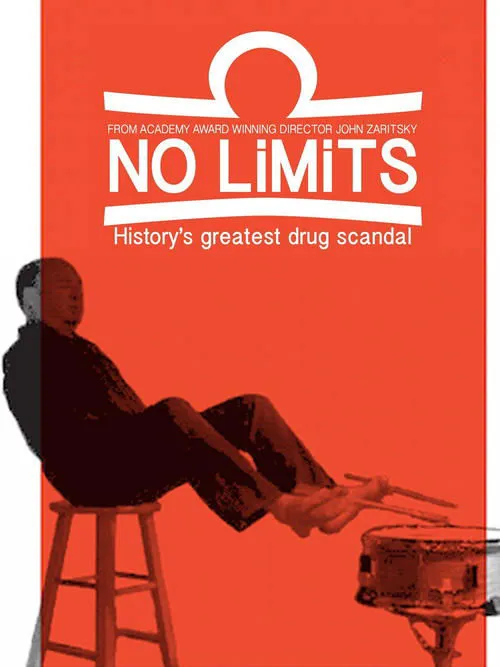No Limits: The Thalidomide Saga

Plot
The documentary "No Limits: The Thalidomide Saga" delves into the profound impact of thalidomide, a medication once hailed as a miracle remedy but ultimately revealed to be one of the worst pharmaceutical disasters in history. Director John Zaritsky's personal connection to the story spans multiple films, with his third installment revisiting the survivors of this tragedy, now grayer but no less resilient, as well as meeting new individuals fighting for justice. Thalidomide was first introduced in the late 1950s as a sedative and sleeping aid. It promised to provide a restful night's sleep without any of the hangover effects associated with barbiturates, a common class of medications for insomnia. German pharmaceutical company Grünenthal was responsible for its initial production and aggressively marketed thalidomide across various countries, capitalizing on its popularity and convincing physicians that it was a safe and beneficial medication. Unbeknownst to the public, thalidomide crossed the placenta, causing severe malformations and birth defects in the developing fetuses of women who took it during pregnancy. The first cases of thalidomide-induced birth defects began to surface in the early 1960s, particularly in Europe and Australia. Initially, the effects were subtle, and the exact nature of the malformations was unclear. However, as more cases emerged, it became apparent that thalidomide was a catastrophic force. The birth defects ranged from minor limb abnormalities to more complex conditions like phocomelia – a condition where a baby is born without fully developed limbs. As the scale of the disaster became evident, public outcry and widespread panic ensued. Governments, regulatory bodies, and pharmaceutical companies scrambled to contain the crisis and mitigate its impact. Thalidomide victims, often referred to as "thalidomiders," face a multitude of challenges. Their medical needs are substantial, with many requiring prosthetic limbs, surgery, or constant medical care. Moreover, the psychological and emotional toll of living with such extreme physical disabilities cannot be overstated. The documentary captures the resilience of these individuals, showcasing their remarkable adaptability, determination, and unyielding spirit in the face of unimaginable adversity. The film sheds light on the callous disregard demonstrated by Grünenthal and their role in perpetuating the use of thalidomide. Despite the mounting evidence of its devastating effects, the company continued to market the drug aggressively, targeting countries with less stringent regulatory frameworks and lax pharmaceutical regulations. This behavior is unconscionable, demonstrating a clear prioritization of profits over human life. In the present day, thalidomide is still being sold under a different name and for different applications, but the victims of the original disaster are yet to receive adequate compensation for their suffering. Grünenthal's decision to market the medication once again has sparked outrage among thalidomide survivors, who see it as a blatant disregard for their well-being. The film raises pressing questions about accountability, regulatory oversight, and the ethics of the pharmaceutical industry. Director John Zaritsky's work provides a nuanced and moving portrayal of thalidomide's impact, juxtaposing the remarkable fortitude of the victims with the inexcusable conduct of the companies responsible for their plight. As the documentary unfolds, it becomes clear that the true tragedy of thalidomide extends far beyond the physical malformations it caused. It represents a broader failure of the pharmaceutical industry, regulatory systems, and the societal institutions charged with protecting human life. "No Limits: The Thalidomide Saga" is a powerful reminder of the importance of accountability and the need for stronger regulations to prevent similar disasters from occurring in the future. The film serves as a testament to the indomitable spirit of thalidomide survivors, who, despite everything, continue to fight for justice and recognition. Their story serves as a cautionary tale, underscoring the critical need for vigilance and compassion in ensuring the safety and well-being of all individuals affected by the actions of a powerful and often ruthless industry.
Reviews
Recommendations


